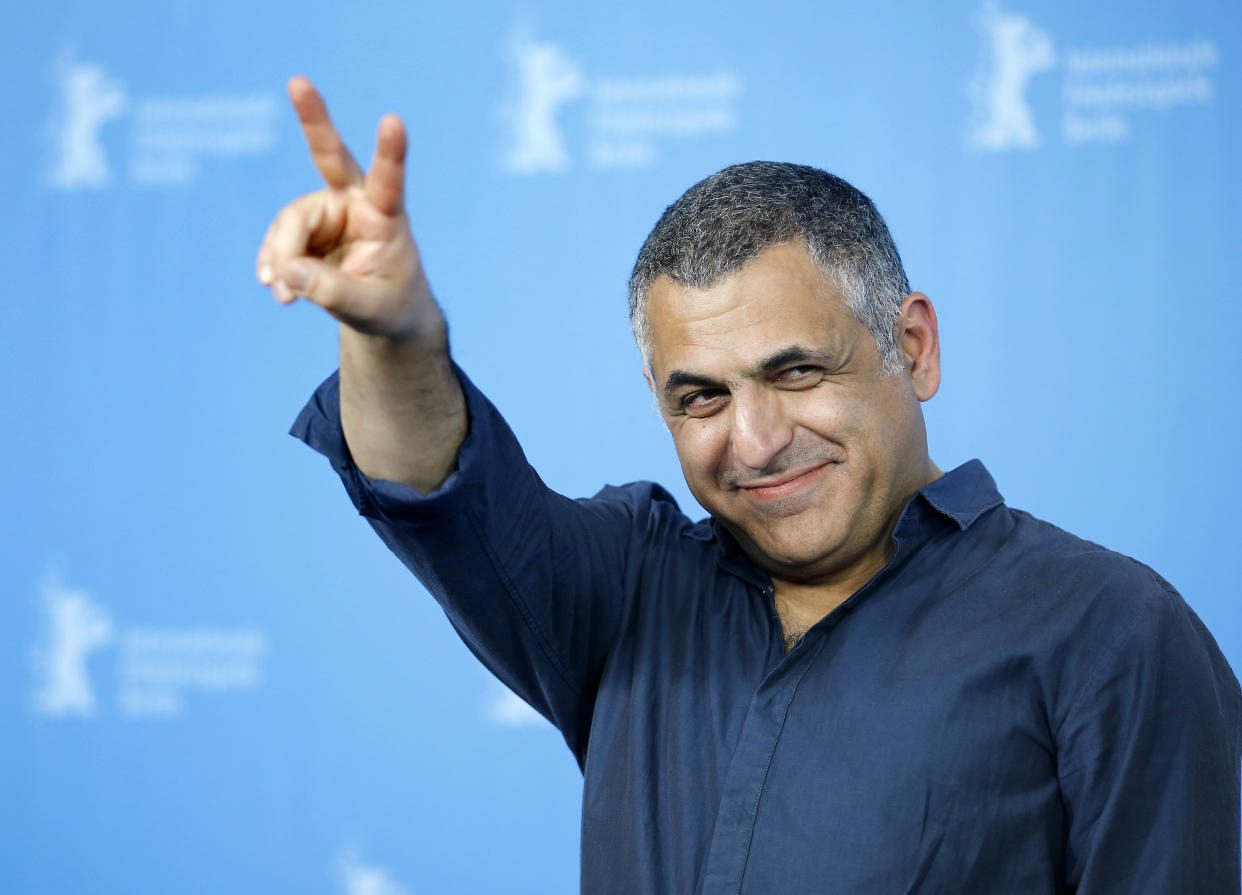Berlin: Iranian Director Mani Haghighi Talks Buzzy Black Comedy ‘Pig’

Iranian director and actor Mani Haghighi is a Berlinale aficionado. His gender-bender “A Dragon Arrives!” made a splash when it launched from the fest’s competition section in 2016. Now he’s back in competition with black comedy “Pig,” in which a serial killer is decapitating famous Iranian directors and blacklisted filmmaker Hasan is upset that he isn’t considered important enough to be one of them. Haghighi spoke to Variety about this timely pic.
There are several blacklisted directors in your country, most notably Jafar Panahi. Would you say “Pig” reflects the current creative climate for film directors in Tehran?
The main thing I want to make clear is that “Pig” is a comedy; it’s a parody of the situation. It’s never the case with this film that anything directly signifies or references anything specific in Iran. Everything [in the film] has gone through a filter of humor and irony and parody to get there.
Yes, but it seems somewhat based on reality.
It’s referencing some things, but it’s not referencing a person, or a group of people or anything like that. Of course in Iran it’s not just Jafar [who is blacklisted]. But there isn’t an actual list of directors who are unable to work….It’s not a cut-and-dried situation. The film is referencing the kind of mood that has been dominating the film industry and culture in Iran for a very long time.
There’s a lot of narcissism at play.
Yes, in a sort of perverted and weird way this guy feels like he’s been sidelined or disregarded by the killer….He’s beginning to feel like, ‘Maybe I’m not as important as I thought I was….That’s the kind of narcissism that’s comic and is at the center of the film….As all black comedies must, it takes this sort of dark turn, and then the film becomes a little more serious and complicated.
There’s also Hasan’s relationship with his audience and how that plays out in social media. Is social media affecting Iranian filmmakers similarly to filmmakers in the Western world?
Instagram, Twitter and Facebook are huge in Iran. They are very popular. Even though Facebook and Twitter are technically banned, everybody uses them, including the president. Social media affects the lives of Iranian artists and filmmakers in exactly the same way [as in the West]. Just like what is happening in the U.S. we’ve also seen a sudden mass attack on a specific person, based on nothing other than innuendo and unverifiable claims and things like that – in fact, even more than in the U.S.
You have the great Leila Katami (“A Separation”) in the cast. Can you talk to me about working with her and also with Hasan Majuni, who plays Hasan?
Leila is a childhood friend. She’s never done a comedy before. Because she’s always been cast in these high-concept serious dramas, Leila’s never had the opportunity to expose the very warm and funny side of her character that I’m privy to. As for Hasan, he’s carrying the entire film. He’s not very well-known outside Iran because he’s primarily a theater actor in Iran, probably the best-respected theater actor in Iran. He was perfect for this role; I actually wrote this film for him.
Related stories
Berlin: Javier Bardem to Star in 'Sanctuary' (EXCLUSIVE)
TrustNordisk Pre-Sells Sonja Henie Biopic 'White Swan' to Major Territories (EXCLUSIVE)
Berlin Film Review: 'The Real Estate'
Subscribe to Variety Newsletters and Email Alerts!

